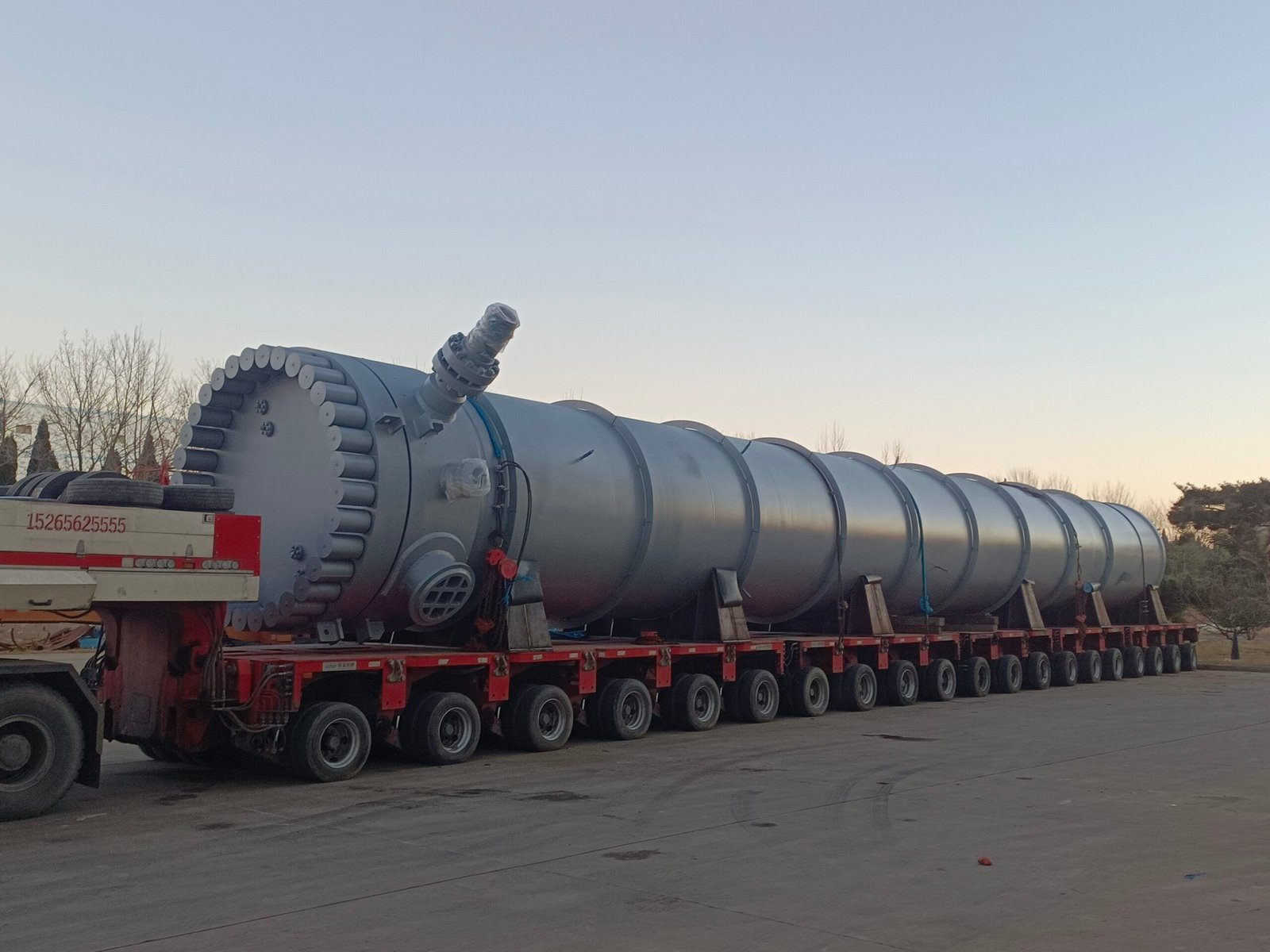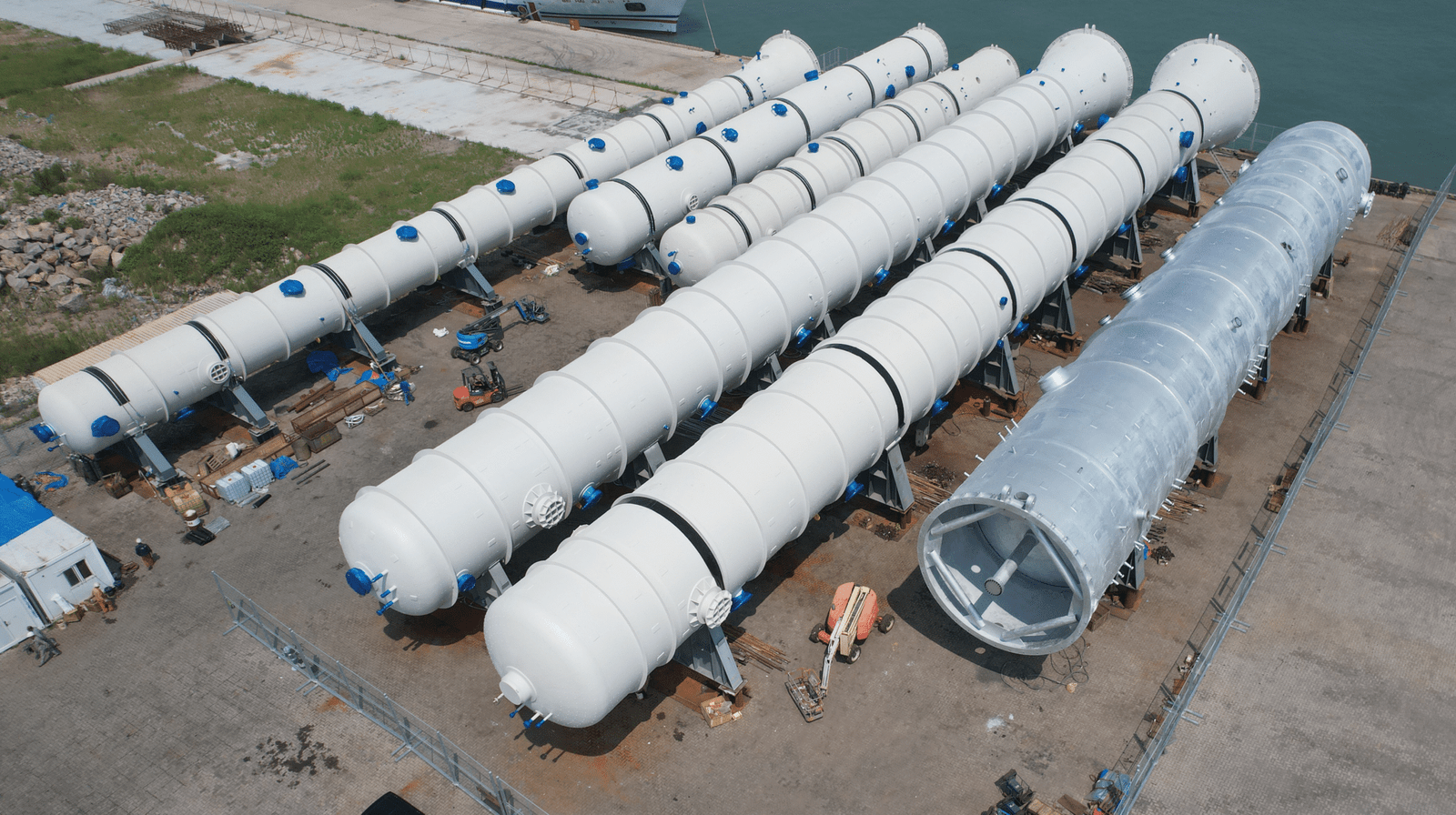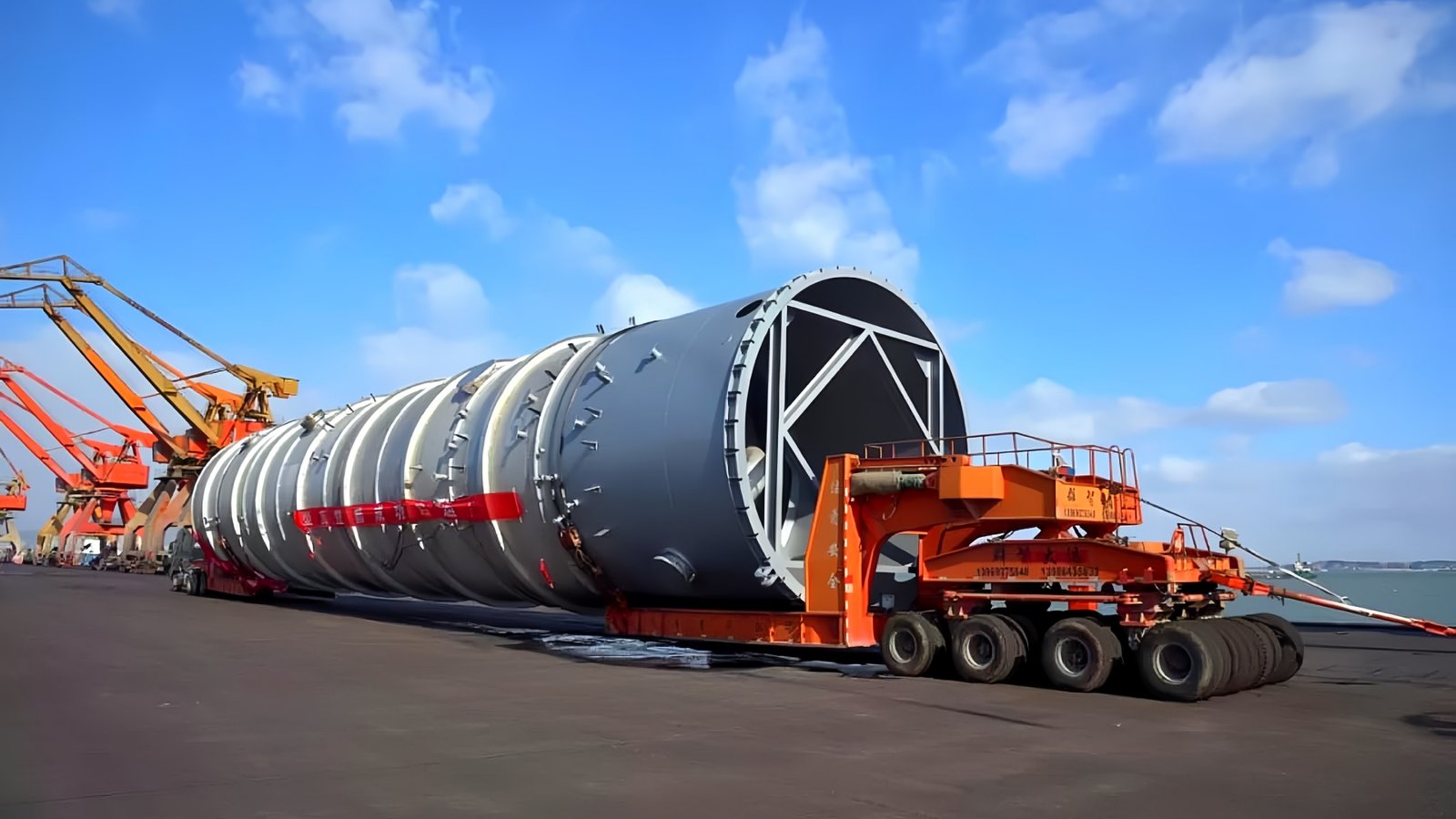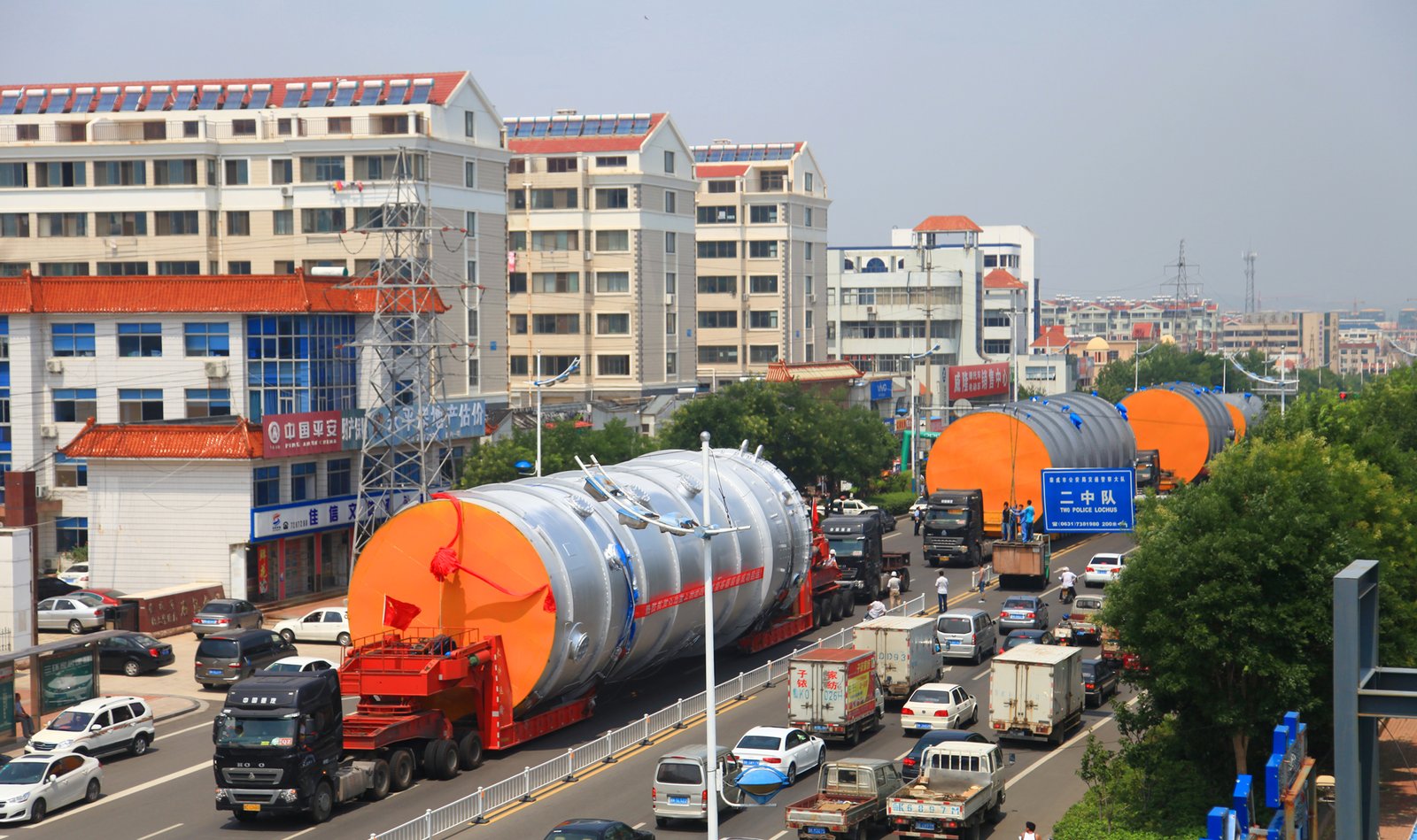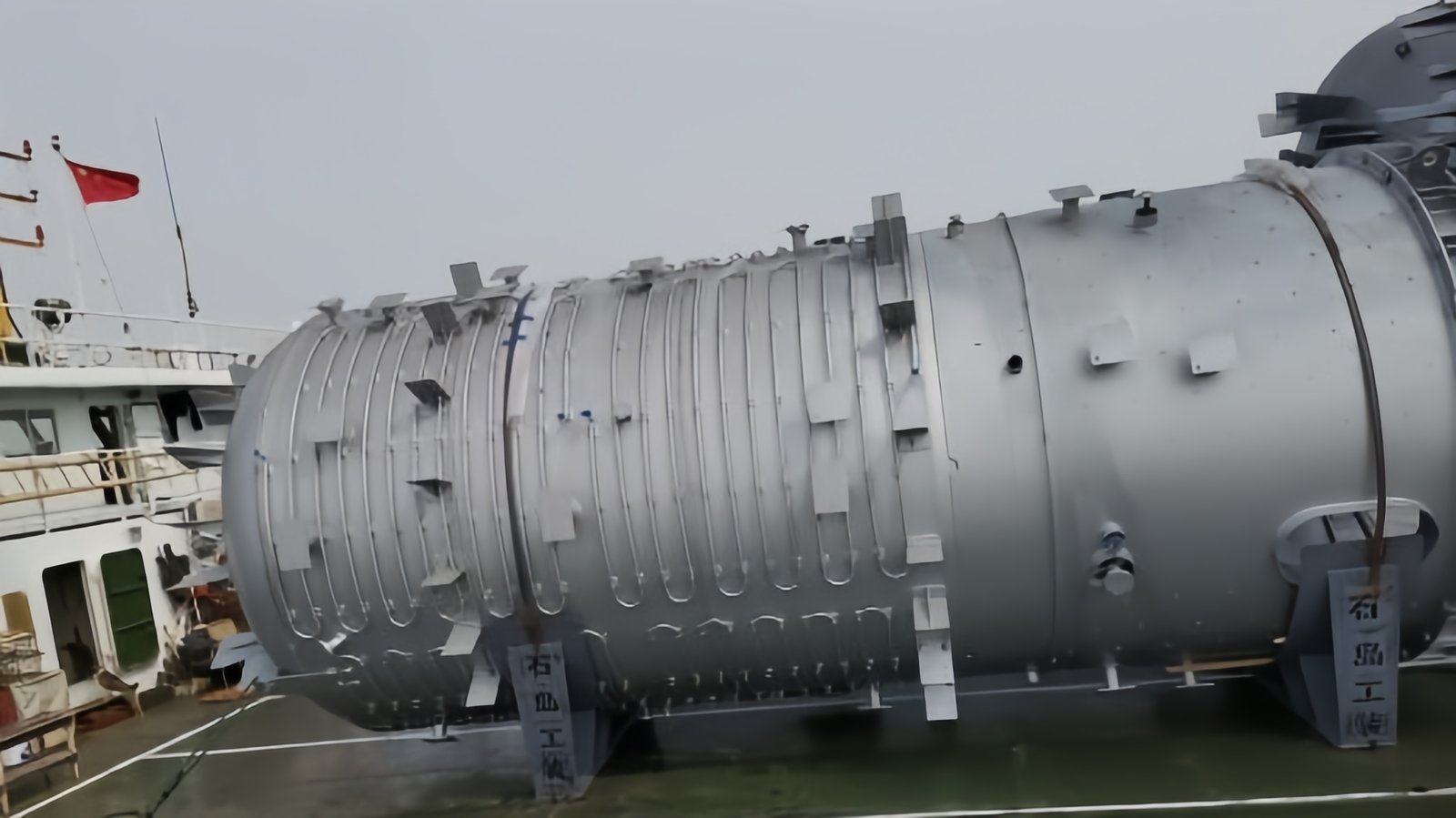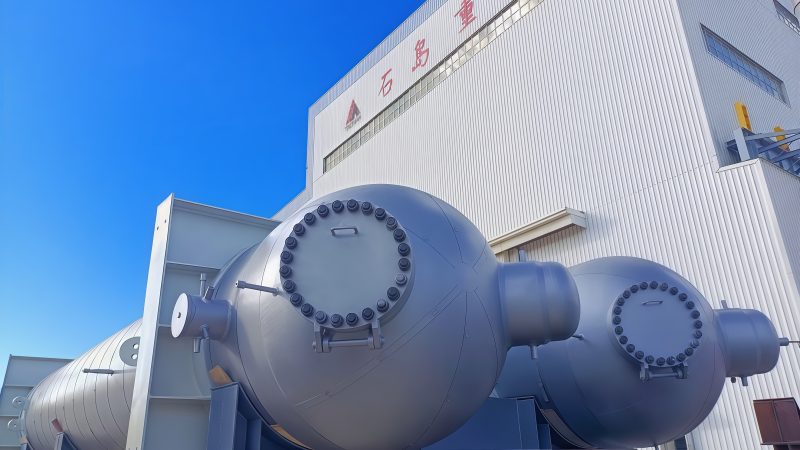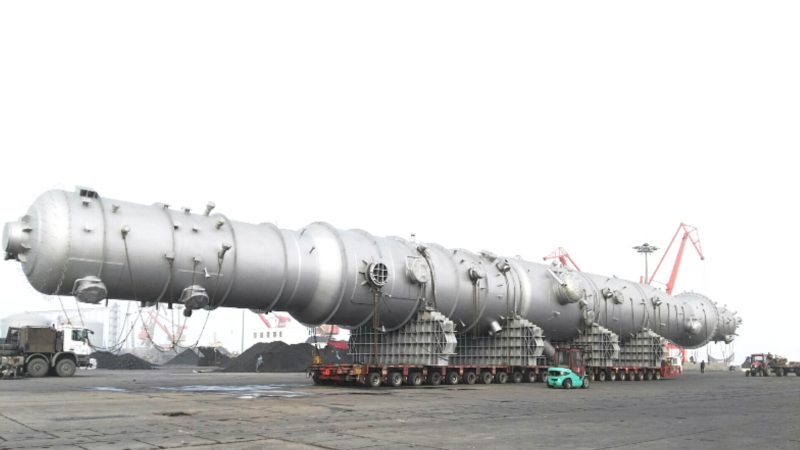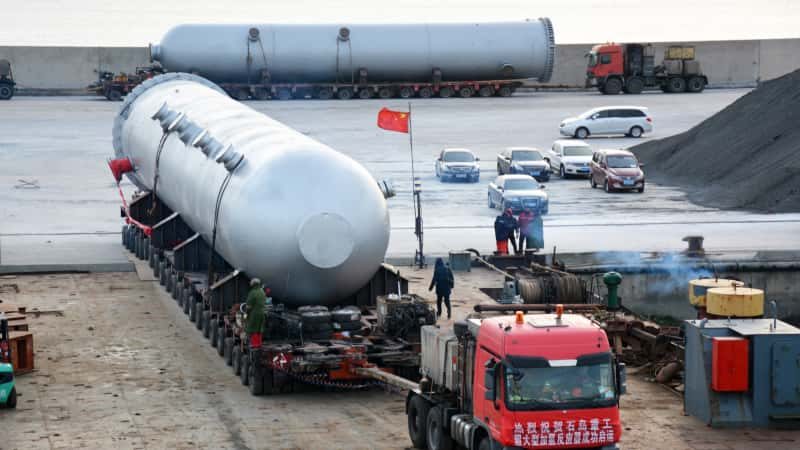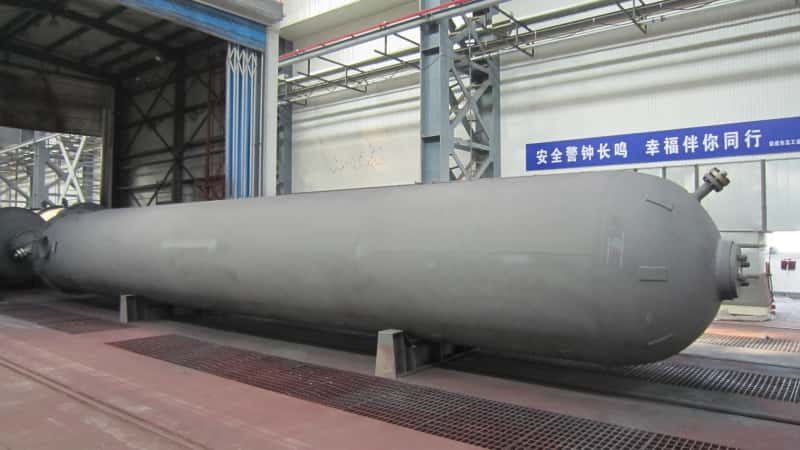\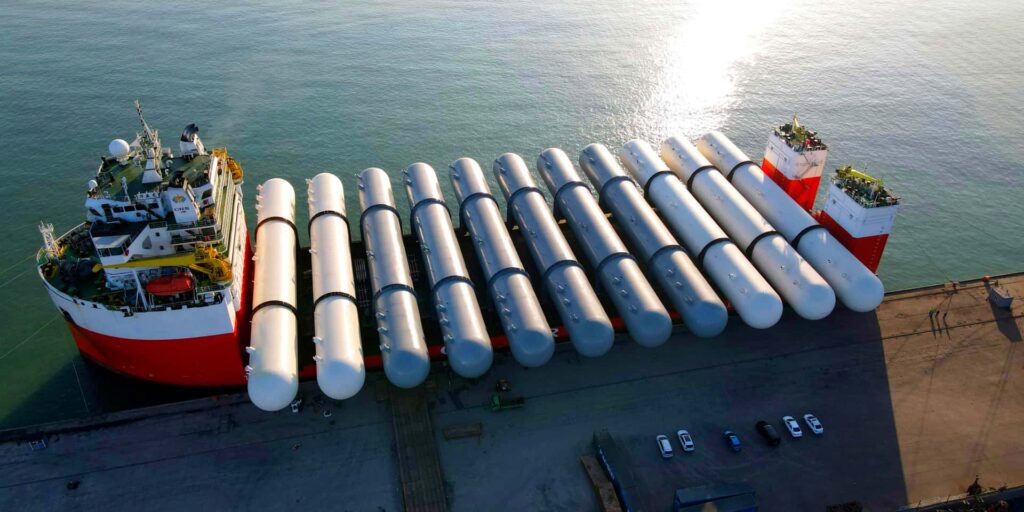 default[/caption]
default[/caption]
In high-pressure industrial processes—ranging from chemical refining to power generation—a significant challenge lies in managing the containment and control of pressurized fluids. Without proper containment, these substances can leak, react uncontrollably, or even cause deadly explosions. This leads to hazardous working conditions, production losses, and regulatory violations. The solution is the pressure vessel—a specially engineered container built to safely house pressurized gases and liquids. In this article, we’ll explore why pressure vessels are necessary and how they underpin modern industry’s safety, efficiency, and innovation.
We need a pressure vessel because it safely stores and handles gases or liquids under pressure significantly different from ambient conditions, enabling high-efficiency operations, chemical reactions, energy storage, and distribution across critical industries.
Understanding the role of pressure vessels isn’t just for engineers—it’s crucial for anyone involved in industrial planning, safety compliance, and systems optimization. Keep reading to uncover their technical functions, risks, design considerations, and real-world value.
\
Pressure vessels are only used for storing compressed air.False
While pressure vessels can store compressed air, they are widely used in industries for various purposes including chemical reactions, energy transfer, and high-pressure containment.
The Essential Need for Pressure Vessels in Industry
Pressure vessels are indispensable in nearly every sector that processes or transports pressurized substances. They are required to contain fluids (gas or liquid) at pressures either significantly higher or lower than atmospheric pressure, depending on the process.
The table below outlines various industrial scenarios where pressure vessels are not just beneficial—they are critical:
| Industry | Application | Why Pressure Vessels Are Needed |
|---|---|---|
| Chemical Manufacturing | Reactors, separators, distillation towers | To allow high-pressure reactions safely and efficiently |
| Oil & Gas | Separators, scrubbers, gas storage units | To handle volatile, high-pressure hydrocarbons securely |
| Power Generation | Steam drums, feedwater heaters, nuclear containment | For thermal energy storage, transfer, and radiation control |
| Food & Beverage | Sterilization tanks, carbonation vessels | To ensure controlled pressurized processes for product safety |
| Aerospace & Defense | Propellant tanks, fuel storage | To store and regulate pressure-critical fluids under conditions |
| Pharmaceutical | Bioreactors, autoclaves | For sterile and pressure-sensitive processing |
These vessels are engineered to manage extreme parameters safely and sustainably, enabling industries to perform high-yield processes that would otherwise be impossible under atmospheric pressure.
What Would Happen Without Pressure Vessels?
Operating without a properly rated pressure vessel could lead to several catastrophic consequences:
- Uncontrolled Pressure Release: Could cause explosions or toxic leaks.
- Inefficient Processes: Many chemical reactions require high pressures to proceed efficiently.
- Environmental Damage: Leaks can lead to contamination, greenhouse gas emissions, and fines.
- Human Casualties: Explosions or exposure to high-pressure chemicals can cause injuries or fatalities.
- Equipment Damage: Operating without controlled pressure zones leads to mechanical failures and costly downtime.
Comparative Table: With vs. Without Pressure Vessels
| Criteria | With Pressure Vessel | Without Pressure Vessel |
|---|---|---|
| Safety | Controlled and monitored pressure environment | High risk of explosion or toxic leaks |
| Process Efficiency | Optimized reaction rates and heat transfer | Slower reactions, higher energy consumption |
| Product Consistency | Uniform quality due to stable pressure conditions | Inconsistent product due to fluctuating parameters |
| Compliance | Meets ASME, PED, and OSHA requirements | Violates safety codes and risks legal liabilities |
| Operational Cost | Lower due to preventive safety | High due to frequent breakdowns and accidents |
Pressure Vessels Enable Key Industrial Processes
Let’s look into why these vessels are essential from a functional standpoint.
1. Enabling Chemical Reactions
Many chemical synthesis processes (e.g., ammonia production via the Haber process) require elevated pressure. The vessel creates a contained environment where these reactions can occur rapidly and safely.
2. Thermal Energy Storage
Steam drums in thermal plants store high-pressure steam. This pressurized steam can then be expanded in turbines to generate electricity. The pressure vessel’s integrity is crucial for energy efficiency.
3. Gas and Liquid Transport
Cryogenic pressure vessels transport LNG and liquid oxygen. These materials are not just stored—they are maintained at specific pressures and temperatures for safety and utility.
4. Sterile Processing
In food, pharma, and biotech, vessels like autoclaves and bioreactors maintain pressurized environments that ensure sterility and optimize microbial or chemical activity.
Design and Material Justification
Pressure vessels are designed using strict parameters that account for pressure rating, temperature, corrosion potential, and stress cycling. Design codes such as ASME BPVC Section VIII ensure that every factor is rigorously tested before commissioning.
Typical Material Selection
| Material | Properties | Ideal Use Cases |
|---|---|---|
| Carbon Steel | Affordable, weldable, moderate pressure | Compressed air, water vessels |
| Stainless Steel | Corrosion resistance, cleanable | Food and pharmaceutical applications |
| Inconel/Nickel Alloys | Extreme heat and corrosion resistance | Petrochemical, high-temperature reactors |
| Titanium | Biocompatibility, corrosion resistance | Medical, chemical, and marine environments |
Key Design Factors
- Wall Thickness Calculations: Based on hoop stress formulas.
- Safety Factor: Often between 3:1 and 4:1 for redundancy.
- Seam Design: Seamless vs. welded depending on the application.
Case Study: The Bhopal Disaster (1984)
One of the most tragic examples of improper pressurized chemical containment was the Bhopal gas tragedy, where a MIC storage tank leaked under excessive pressure, causing over 15,000 deaths. Had a proper pressure relief valve or vessel integrity inspection protocol been in place, the disaster could have been mitigated.
This historical case underscores the irreplaceable safety role of pressure vessels in hazardous chemical management.
Technological Evolution of Pressure Vessels
With Industry 4.0, smart pressure vessels now include embedded sensors that report real-time data on:
- Internal Pressure
- Wall Thickness Degradation
- Leak Detection
- Temperature Fluctuations
These innovations reduce downtime and provide predictive maintenance insights, prolonging vessel life and enhancing operational safety.
Conclusion
We need pressure vessels because they are foundational components of any process that involves pressurized fluids. They support efficient reactions, safe storage, and regulated energy transfer in a wide variety of industries. Their absence would not only compromise industrial productivity but also put lives and ecosystems at risk.
Let’s Talk About Your Pressure Vessel Needs
Do you need a custom-engineered pressure vessel for your facility? Our expert team can guide you through design, material selection, compliance, and testing. Contact us today for precision-built pressure solutions that deliver performance, safety, and longevity.



